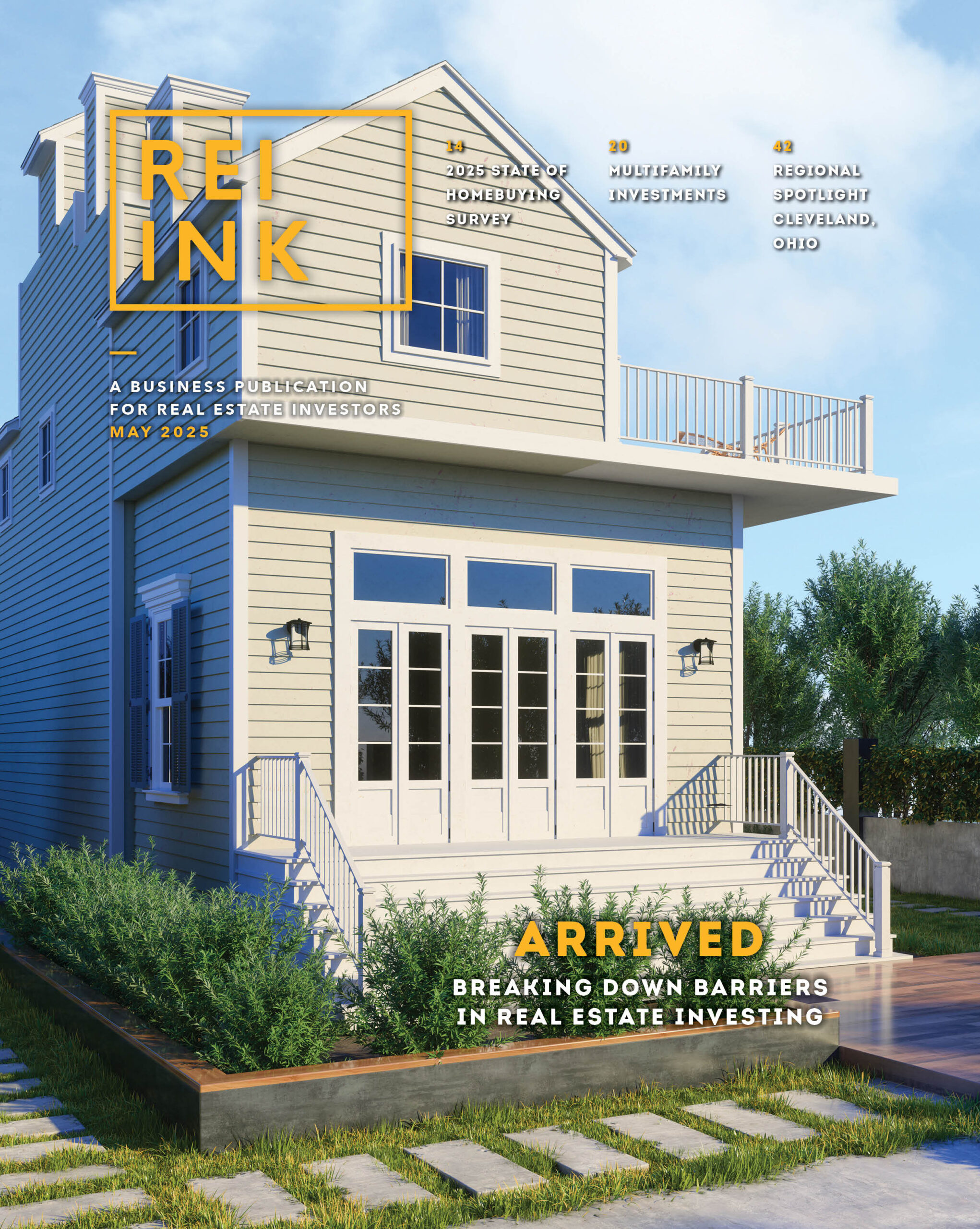Floods, fires and extreme weather are reshaping how people view climate risk and real estate
- A clear majority of people in each region of the United States consider at least one climate risk when shopping for a home.
- A majority of today’s buyers are millennial and Gen Z shoppers, and they are more likely than other generations to consider a climate risk when deciding where to buy a home.
More than 4 out of 5 prospective home buyers consider climate risks as they shop, new Zillow research shows. Most say their major concern is flood risk, followed by wildfires, extreme temperatures, hurricanes and drought.
“Climate risks impact where most prospective buyers shop for a home,” said Zillow senior population scientist Manny Garcia. “While all generations juggle trade-offs like budget, floor plans and commute times, younger home shoppers are more likely to face another consideration: They want to know if their home will be safe from rising waters, extreme temperatures and wildfires.”
A clear majority of prospective buyers in each region of the United States consider at least one climate risk when shopping for a home. People in the West are most likely to report climate risk as very or extremely impactful in their home search, followed by those in the Northeast. On the flip side, one-third of Midwestern and Southern shoppers say climate risks are not very impactful or not at all impactful to their real estate journey.
| Total | Midwest | Northeast | South | West | |
| Share of prospective buyers who considered at least one climate risk | 83 % | 77 % | 85 % | 79 % | 90 % |
| Share of buyers who said climate risks are: | |||||
| Very/extremely impactful | 49 % | 42 % | 50 % | 43 % | 59 % |
| Not at all/not very impactful | 28 % | 34 % | 27 % | 33 % | 20 % |
Climate risks are a major concern for younger home shoppers, who are driving the market. The median age of today’s home buyer is 39, and first-time buyers make up 50% of all buyers. Millennial and Gen Z shoppers — who comprise 54% of all home buyers — are most likely to consider a climate risk when determining where to shop for a home. Across generations, a majority of shoppers reported taking into account at least one climate risk when looking for their next home.
| Total | Gen Z (Ages 18–28) | Millennial (Ages 29–43) | Gen X (Ages 44–58) | Boomers & the Silent Generation (59+) | |
| Share of prospective buyers who considered at least one climate risk | 83 % | 84 % | 86 % | 82 % | 70 % |
| Share of buyers who considered each climate risk: | |||||
| Flood | 41 % | 36 % | 42 % | 41 % | 44 % |
| Extreme temperatures | 37 % | 37 % | 44 % | 30 % | 26 %77 |
| Wildfires | 37 % | 39 % | 37 % | 36 % | 37 % |
| Hurricane | 33 % | 33 % | 36 % | 30 % | 22 % |
| Drought | 31 % | 30 % | 35 % | 27 % | 23 % |
While climate risk is affecting attitudes, it isn’t to the point where majorities of buyers are considering a move to a region they consider less risky. About half plan to remain in areas that pose the same climate risks they already face. Some are even thinking about moving to areas with more risks. Only 23% reported that they are considering homes in areas that they believe to be safer from the dangers of climate disasters.
| Compared to where they live now, prospective buyers are considering moving to places with: | Total |
| Fewer climate risks | 23 % |
| More climate risks | 27 % |
| The same climate risks | 49 % |
Affordability is still the greatest hurdle for consumers, especially first-time home shoppers, who tend to accept what they can afford. It takes nearly 12 years for a typical first-time buyer to save up for a down payment. Zillow home listings display down payment assistance, and a new app filter helps shoppers understand their actual monthly mortgage cost rather than a home’s list price. Working with a knowledgeable real estate professional is a great way to navigate both the affordability hurdle and climate challenges in today’s home shopping search. Zillow also publishes industry-leading research to help inform consumers, increase transparency and shape the conversation in real estate.
SOURCE Zillow


















